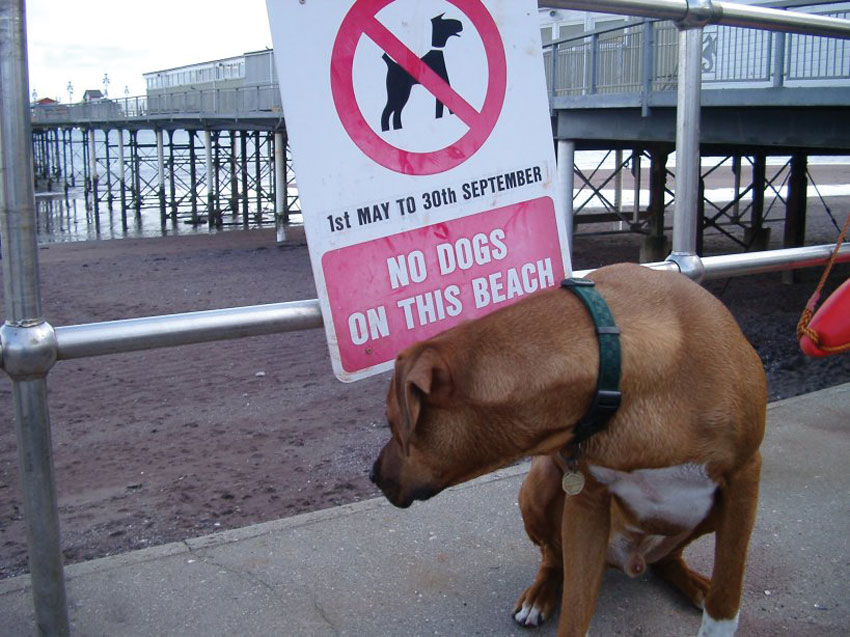By Alex Rake (The Cascade) – Email
Print Edition: November 19, 2014

We generally like rules. We invent them to structure our lives and keep ourselves safe. For example, we ban murder because we don’t want to be murdered; we structure games with rules so that there can be a fair winner; we don’t feed homeless people because … I guess we don’t care about homeless people. Evidently, some rules are more reasonable than others. Not all rules are just, useful, or necessary.
Rules do not define what we can and cannot do. If that were true, then it would be physically impossible to murder, cheat, and feed homeless people, and there would be no need for rules to prevent these actions in the first place. Rules only establish what we are and are not allowed to do. The passiveness of a statement like “you’re not allowed to do that” begs the question: not allowed by whom?
People create rules. Sometimes people create rules with misguided or self-serving motives. The kids who insist on their right to be first player because they’re the guest are often the same kids who insist on being first player because they’re the host; they invent and fight for these rules to put themselves in (arbitrary) positions of power. Officials who pass laws against feeding the homeless, as they did in Fort Lauderdale, want to reduce homelessness by limiting these people’s ability to survive, revealing that the law is not for the homeless’ sake but for the lawmakers’ own comfort — or perhaps for an easy step toward the political power that can come with reducing social problems like homelessness. We must evaluate rules, including written laws and unwritten conventions, in order to avoid following the unjust schemes of others.
Because a rule’s power depends on the number and enthusiasm of the people following it, it is up to people to defy a rule when it is unjust, useless, or unnecessary. Many institutions banned Mark Twain’s Huckleberry Finn, at first because Huck Finn and Tom Sawyer were perceived as bad influences on children, and, more recently, because of the novel’s heavy use of the dreaded “N-word.” The idea that this book in particular should be banned based on the influence it might have on society or its use of unpleasant language is absurd, because the book uses its characters and language to illuminate serious issues in society, namely racism, dishonesty, and arbitrary rules. This example merely illustrates how if more people defy the banning and read the book, the more people will understand the absurdity of the banning. In this way, breaking the rule literally breaks the rule.
Thou shalt not steal. Socks shalt not be worn with sandals. Never talk back to your mother. Give the customer what they want. These are all generally accepted rules, but there are situations where they must be broken (except perhaps for the socks and sandals thing — I would agree that it is too wet around here for that to be practical fashion). What I mean is rules can prevent us from doing actual good in the world. When it comes to dilemmas like whether you should lie to officials or have the Jews you’re hiding in your attic killed, or whether you should expose the bad practices of a corporation that employs you or remain silent as per your contract, breaking the rule has less of a negative impact than obeying it, and following the rule becomes wrong. The elderly man who was arrested for feeding homeless people in Fort Lauderdale understands this.
Question everything so you understand it more fully. Defy arbitrary power so it cannot control you. Break unreasonable rules — they aren’t always there for the population’s protection.


